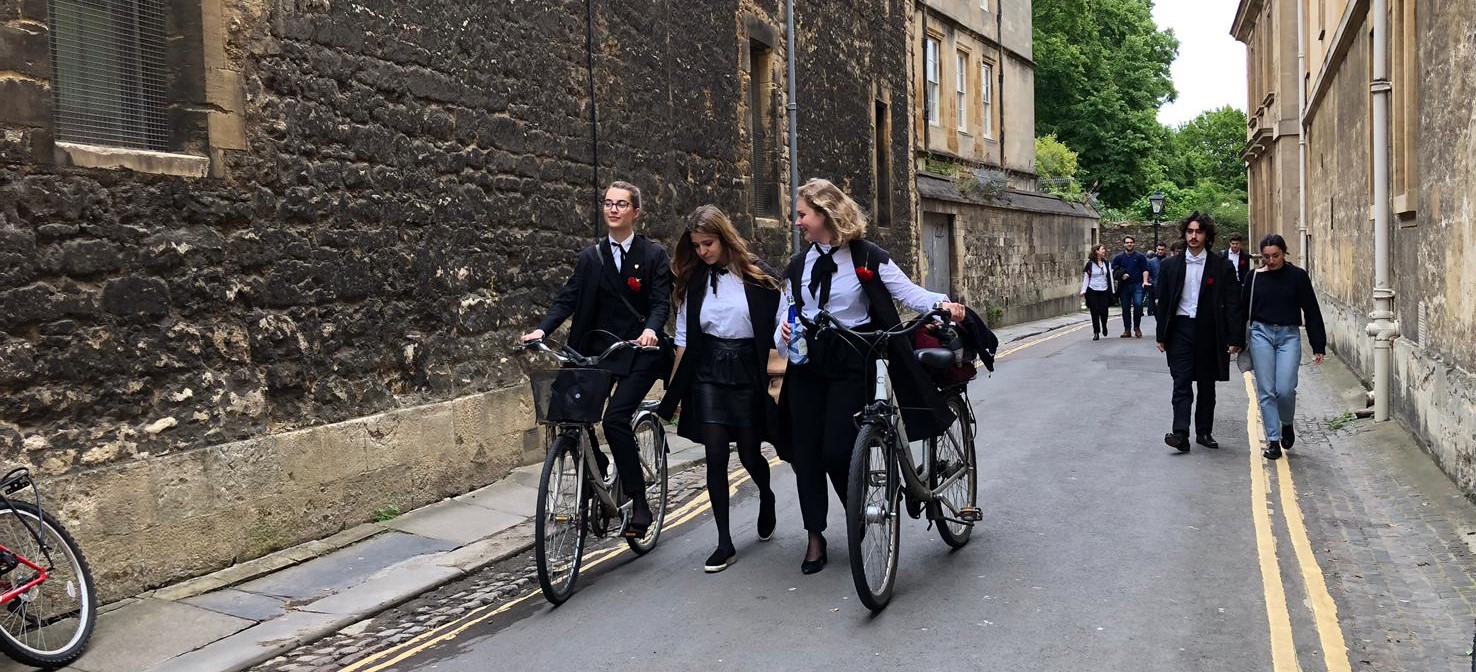
Dissertation
My PhD dissertation aims to provide new insights into the coalition bargaining process, an area that has largely remained unexplored due to its private nature. By focusing on parliamentary speech as a window into coalition governance, I introduce a novel, dynamic measurement of coalition bargaining based on supervised classification of legislative speech data. The higher the accuracy of such a classifier, the more distinct coalitions are talking in the parliamentary arena, and hence the more publicly divided a coalition is. On the other hand, poor classifier performance indicates coalition parties are easily mistaken for each other, and therefore are presenting a united front.
Such coalition differentiation is currently deemed to largely be an electoral signalling tool, to ensure each coalition parties is still identifiable as a distinct entity. I argue, however, that public differentiation can also be considered a bargaining behaviour, whereby coalition parties indicate a credible threat to exit the coalition. As such, I am working to establish the different conditions under which coalition parties differentiate in parliamentary speech for electoral campaigning, and in turn, whether my novel theory accounts for a more common and dynamic occurrence of speech differentiation.
By exploring the coalition bargaining process through the lens of parliamentary speech, I hope to contribute to a deeper understanding of the dynamics at play during a coalition’s incumbency.
Inter Parliamentary Union
The Inter Parliamentary Union (IPU) has recently published its third Global Parliamentary Report (GPR). This report delves into the critical role of public engagement in the functioning of parliaments worldwide. As society faces rapid changes, the report emphasizes the importance of enabling people to actively participate in legislative processes and policy development, shaping the decisions that affect their lives. By examining global trends and strategic priorities in public engagement, the report provides insights into how parliaments can foster deeper connections with their constituents.
As a researcher working on this project, I have had the opportunity to study the role of public engagement in the functioning of parliaments around the world by speaking to politicians and civil servants from a myriad of countries. This work resulted in specific case studies, exploring engagement with young and rural populations, as well as the evaluation and development of public engagement strategies. This latter case study has been further developed into an academic article, which was published as part of a special issue on parliamentary public engagement by the Journal of Legislative Studies.